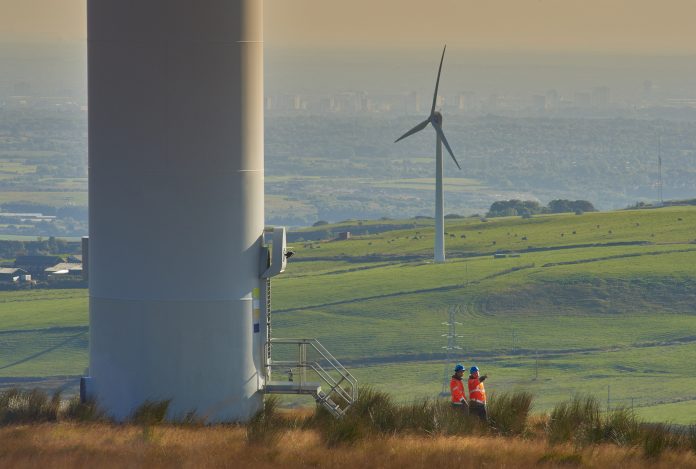Britain’s coastal and rural communities are expected to receive financial support as part of the government’s new Plan for Change to make the UK a clean energy superpower
Areas that host renewable energy infrastructure, like offshore wind farms, solar panels, and energy storage facilities, will benefit directly from new funding to boost local services, facilities, and economic growth.
This initiative ensures that communities playing a vital role in delivering clean, homegrown energy also enjoy tangible improvements to their local areas. Funding will come from energy developers, who will be required by law to contribute to community benefit funds.
Supporting local priorities through clean energy projects
The money raised through these community benefit funds will be spent directly on local priorities. This could include building new community centres, upgrading sports facilities, improving transport links, supporting schools, and launching employment programmes. Each community will be given the power to decide how to use the funds, ensuring investment meets their unique needs.
For example, seaside towns in Wales could see investment in grassroots football pitches, while coastal areas in Yorkshire might use the funds to support apprenticeships and engineering training for young people. In the Scottish Highlands, funds may go towards improving rural transport and educational infrastructure.
Payments tied to project size
The amount communities receive will depend on the size and scale of the energy infrastructure being developed. Smaller projects may bring in tens of thousands of pounds annually, while larger developments could generate millions yearly for local areas.
The government wants to ensure a fair and proportionate approach by tying funding levels to project size and rewarding communities for contributing to national energy goals.
The proposals also outline plans for shared ownership of renewable energy infrastructure. This would allow residents to own a stake in nearby projects, reinvesting profits into the community. The goal is to give citizens a more direct role in the clean energy transition and a share in the long-term benefits.
Reducing bills and boosting energy security
These measures are part of a bigger effort to cut household energy bills, reduce dependence on fossil fuels, and increase Britain’s energy security. With clean energy produced at home, the UK can protect billpayers from future global price shocks and support economic growth in areas that have often been left behind.
In addition to community benefits from renewable projects, new policies in the Planning and Infrastructure Bill will offer electricity bill discounts of up to £2,500 over 10 years for homes near new or upgraded power transmission infrastructure.
The announcement builds on previous commitments, including a £360 million Fishing and Coastal Growth Fund announced earlier this week. This fund will help modernise the UK’s fishing fleet, support training for new fishers, and promote British seafood exports. It also follows a new agreement with the EU, providing long-term stability for the UK’s fishing industry.
Together, these initiatives reflect the government’s commitment to revitalising Britain’s coastal and rural regions by aligning economic growth with the country’s clean energy ambitions.











